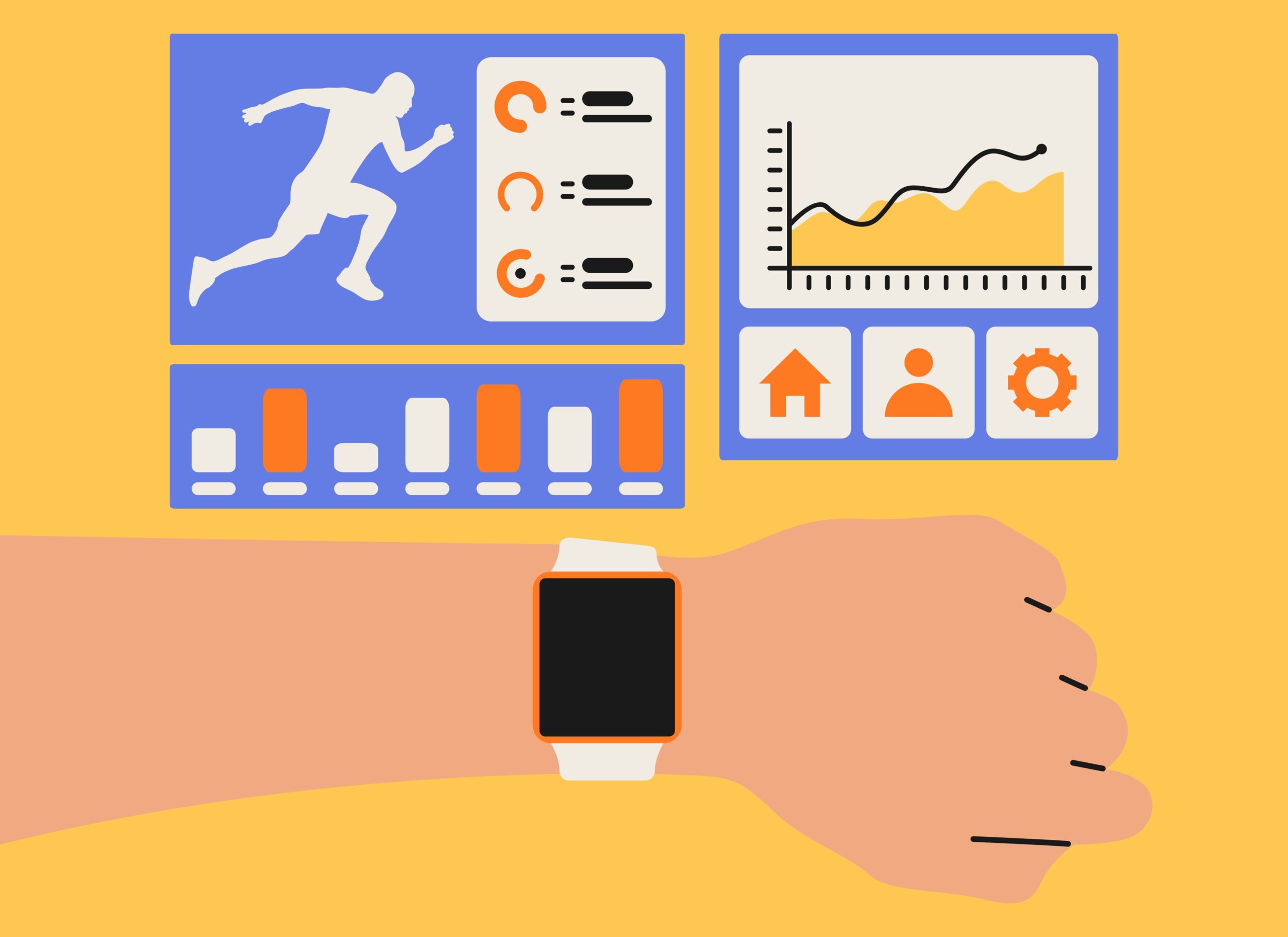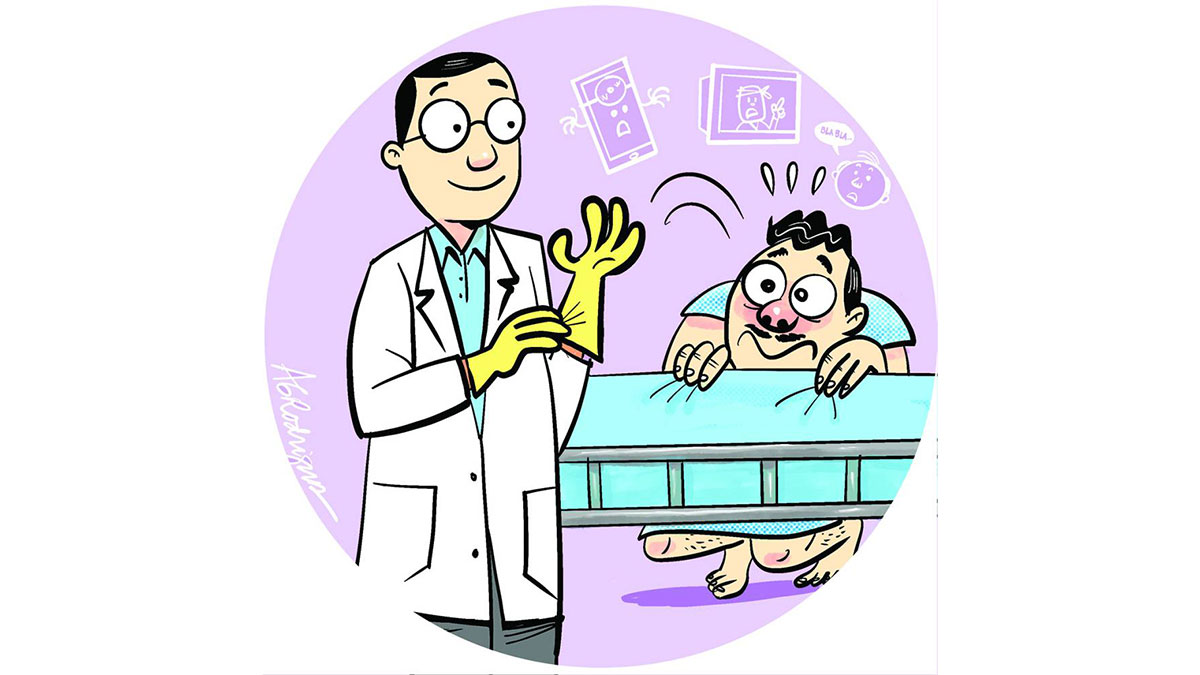IF IT isn’t something that comes naturally to you, then there is a golden rule: Don’t do it.
One’s nature is made of raw and true instincts. There is intelligence built into our inner systems. Thus, whether your mind recognizes a habit as negative or not, your body will instinctively know the truth.
Examples of this in action are real-life experiences.
If you are craving for something—whether it is sweet, salty or spicy—it doesn’t mean that your body actually needs it. It could be a sign that your habits have created a constant state in your body, where your mind signals to you to keep on eating—like an addiction.
Every night, Lucy, a busy career woman, would “drop dead” in bed, clothes and all, because of exhaustion. But she was never too tired to raid the ref for her “usual” cup of ice cream. Six months later, after a routine physical exam, it was discovered that she was a borderline diabetic.
Alarmed and bewildered, she could not understand how this happened. Lucy’s mind-set was, if you crave it, then listen to your body by giving in. It was explained to her that a continuous craving for something sweet, especially when she was exhausted from work, actually meant that she was stressed.
In order to be “high,” the mind craved for sugar, which, when consumed by the body, created a natural (but not good) high.
Lifestyle choice
Now in his 50s, Gerry is planning an early retirement after meeting all his personal targets—a house, fat savings account, a family.
Every morning for the last 35 years of his working life, he would skip breakfast because he thought that it was the right lifestyle choice. “Keep it light” was his motto.
You would think that with this regimen, Gerry would have a trim body. The opposite was true. He forgot to complete the sentence of his one-liner philosophy. It should actually say, “Keep it light at night.”
Instead, he deliberately didn’t eat in the morning in order to justify his food bingeing at lunch and dinner. He was under the impression that hunger pangs must be eased by eating a lot. No guilt trip for him.
Thirty pounds overweight and frustrated over his size, he consulted a lifestyle coach. He was misreading his body signals. The reason why he felt that he was never “full” after eating was because of negative programming—that “light” was a justification for “heavy.”
As soon as he understood how his mind worked, his acceptance of his body signals became clearer.
Today, he is in complete control of his life and his weight problem. He lost the 30 lbs that hounded him all his life.
Workaholic’s woes
The headaches would come and go, but Tina’s workaholic lifestyle prevented her from seeing the real problem. Looking to double her wealth, she took on more projects than she should have. The result: insomnia, irregular eating habits, mood swings.
Then, one day, a migraine hit her so hard, it completely ruined her work schedule.
An executive check-up proved that her lifestyle had been all wrong. Those little headaches were constant signals of the body to her, telling her that she was dehydrated. She paid a huge hospital bill only to be told to do the following:
Drink 10-12 glasses of water daily, eat a balanced diet, and have six to eight hours of sleep (before midnight).
It pays to listen to your body signals. More importantly, it is paramount that you learn to read these little signals well. Ultimately, your mind programs the body to be healthy. Heed them well.
This week’s affirmation: “I listen because I care.”
Love and light!
E-mail the columnist: [email protected].









































